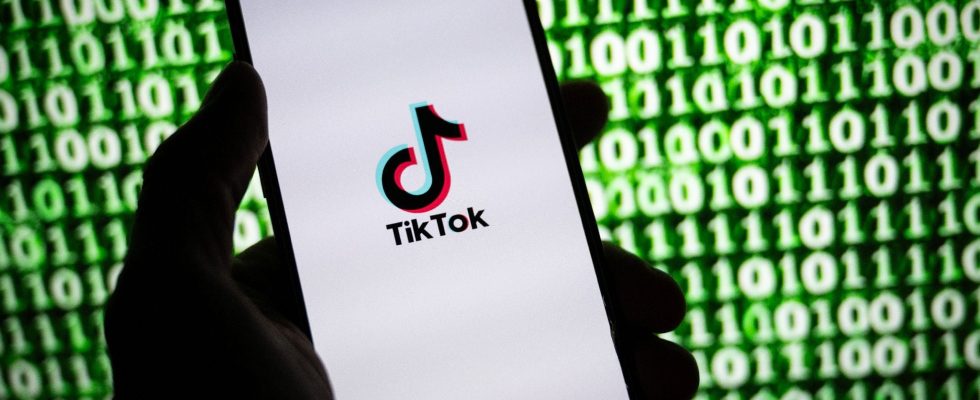TikTok is a platform designed to spot and catapult viral content of almost any type: dances, tutorials, jokes, product reviews, analyses, news commentary, positions. So why not the commentary on a twenty-year-old manifesto published by the worst terrorist of the 21st century? There Letter to America by Osama bin Laden, written a year after the September 11 attacks, mixing a broad anti-imperialist criticism of the United States accompanied by violent threats of terrorist acts and a plea for a global fundamentalist theocracy, was shared by several TikTokers , some with large communities.
Most expressed shock that they did not entirely disagree with some elements of bin Laden’s letter. Some videos have racked up tens of thousands or even hundreds of thousands of views. The letter, which was published on the British newspaper’s website The Guardian since 2002, has been removed, which has contributed to making it polemical content surrounding it with a ban. The most popular hashtag regarding the letter was viewed around 1.3 million times before TikTok removed it.
The media rushed to examine a youth fed a bottle of disinformation. The idea of manipulation of algorithms by the Chinese government to participate in the destruction of the West has been put forward by certain foreign policy or defense specialists. The hypothesis of this supposed involvement was triggered by the removal of the name of Israel from the map applications Baidu Maps and Amap, which belong to the companies Baidu and Alibaba respectively. But the Bin Laden letter affair was quickly deflated. The number of videos posted that made it a favorable reading hardly exceeded a hundred. Many of the reaction videos openly criticized the positive readings. Finally, a million views on a platform where truly viral concepts are regularly viewed hundreds of millions of times does not constitute a trend.
In the same vein, TikTok has been roundly criticized by the Republican Party in recent weeks following an apparent increase in pro-Palestinian content. Indeed, the ratio between views of the hashtags #freepalestine and #standwithisrael stood at 55 to 1 worldwide. An elected representative of the House of Representatives, Mike Gallagher, wrote that TikTok was “controlled by America’s main adversary” and that the company aimed to “brainwash our youth”. The company had to react, supported by Gallup polls, by explaining that the increase in pro-Palestinian content was not due to the application’s algorithm, but that opinions on the Israeli-Palestinian conflict were more shared among THE millennials Americans than among older generations. Moreover, in the United States specifically, the hashtag #standwithIsrael records 68% more views per video than #freepalestine. Additionally, TikTok shared figures on its moderation actions leading to the removal of 925,000 videos relating to the conflict.
The question of the influence of TikTok in the world deserves an in-depth analysis, and, in these same pages, I have already denounced the risks of this tool on the mental health of adolescents, but launching a controversy by exaggerating a trend obeys the the same motives as those that we rightly claim to denounce. Moreover, the affair of the Letter to America was shared on X by people who are not themselves TikTok users, but consume excerpts of the most controversial content.
Robin Rivaton is Managing Director of Stonal and member of the Scientific Council of the Foundation for Political Innovation (Fondapol)
